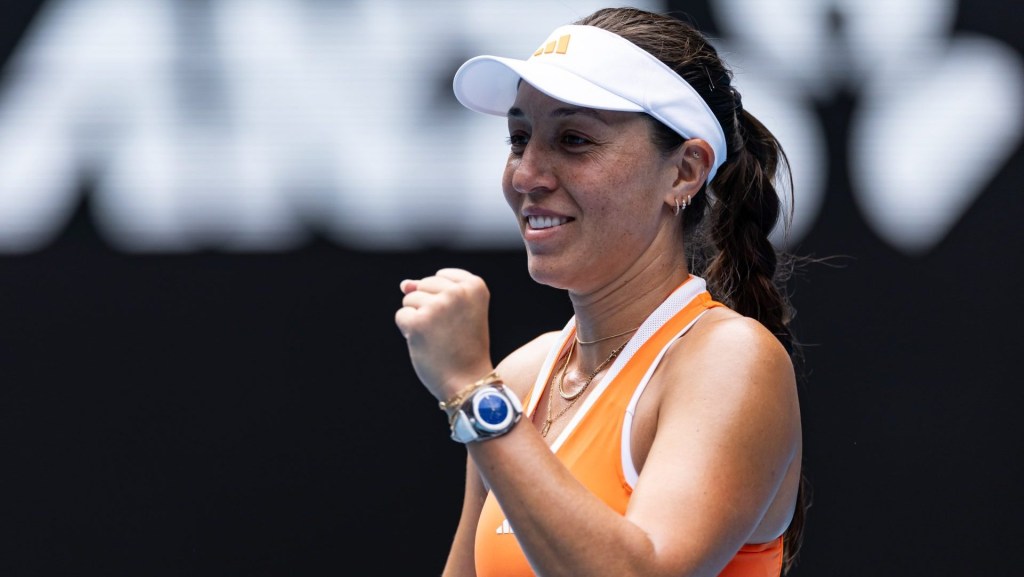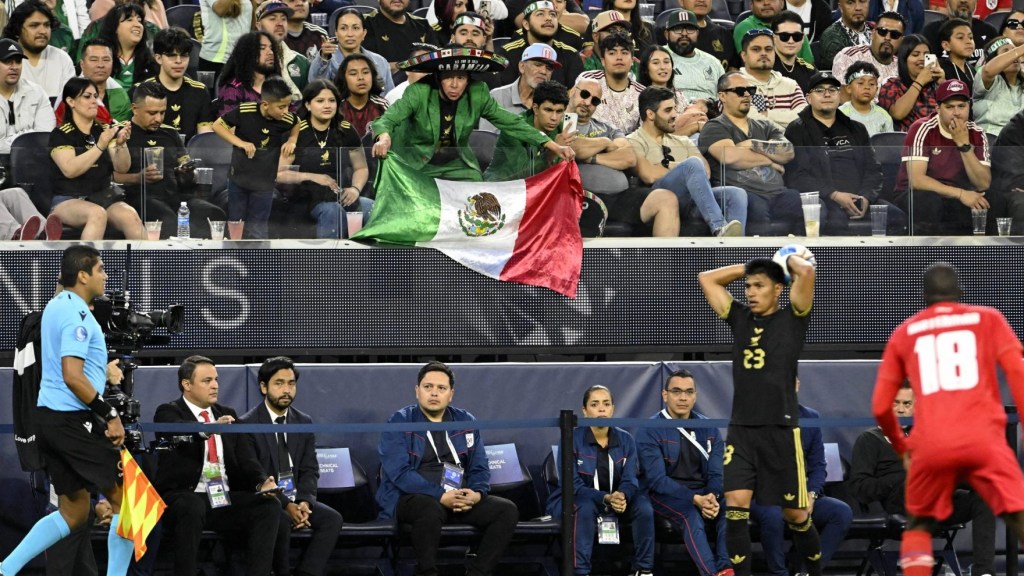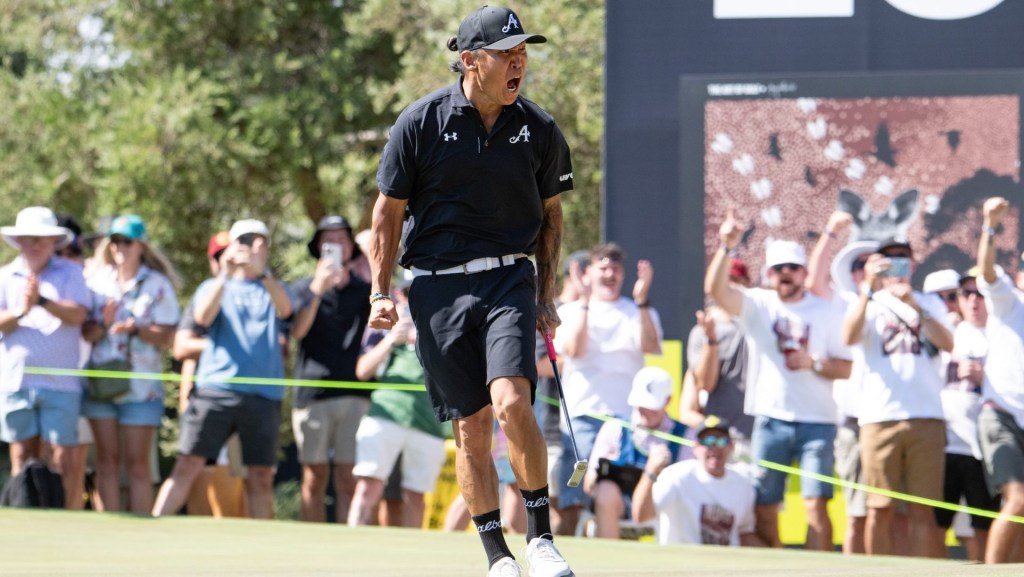The global and U.S. anti-doping agencies are once again at odds as the old practice of the American body using positive-testing athletes as undercover agents recently became public.
On July 28, The Guardian published a story of a Kenyan runner who agreed to help U.S. authorities after testing positive, which led the agency to track down a dealer for elite athletes in New Mexico. On Aug. 7, Reuters reported the U.S. had used this tactic with at least three athletes between 2011 and 2014: two lower-ranked runners and one more “high profile” athlete, all of whom the World Anti-Doping Agency said had retired before it found out. In all of these cases, the athlete was allowed to continue competing; the Kenyan runner in the Guardian story was afterward required to remain clean.
“How must other athletes feel knowing they were competing in good faith against those who were known by USADA to have cheated?” WADA said in a statement Wednesday. “It is ironic and hypocritical that USADA cries foul when it suspects other Anti-Doping Organizations are not following the rules to the letter while it did not announce doping cases for years and allowed cheats to carry on competing, on the off chance they might help them catch other possible violators.”
The U.S. Anti-Doping Agency believes the practice was not only permissible but also extremely successful. The agency touted that one undercover athlete aided a federal human and drug trafficking investigation. “It’s an effective way to get at these bigger, systemic problems,” USADA CEO Travis Tygart told Reuters.
This is all unfolding amid the backdrop of intense beef between the two agencies, as USADA has levied heavy criticism of WADA in recent months for its handling of the cases of 23 Chinese swimmers, first uncovered in April. WADA accepted China’s insistence that the swimmers’ doping cases were false positives, and it conceded COVID-19-related restrictions made it more difficult to investigate the cases. The swimmers were ultimately allowed to compete and keep their medals in both Tokyo and Paris. U.S. swimming legend Michael Phelps testified in Congress this summer about WADA’s “deeply rooted, systemic” problems catching dopers.
The drama seeped its way into the 2034 bid for Utah’s Winter Olympics last month, with a provision that the International Olympic Committee can take away the Games if U.S. authorities do not respect the “supreme authority” of the global agency. Congress fired back, introducing a bill that threatens to cut U.S. funding to WADA. The Americans pay the biggest proportion of any country.
WADA said it learned about the undercover informants in 2021, but USADA said it told the global agency before then, according to Reuters. From USADA’s point of view, there’s only one reason all of this is coming to light now.
“It is sad to see WADA leaders’ desperate and dangerous attempts to smear others, including informants, instead of answering basic questions about why they allowed China to cover-up 23 positive tests for TMZ and two positive tests for metandienone,” USADA said in a statement.
WADA rules dictate that positive-testing athletes who cooperate with investigations can apply to get a portion of their ban lifted, but that can happen only after they’re prosecuted. In its statement, WADA said that process doesn’t allow positive-testers to continue competing. The agency said USADA was “in clear breach of the rules” and told the U.S. to end the practice “immediately” when it found out.
USADA said it will hold off on the practice for now, but it still thinks it’s allowable under WADA rules and helpful to “confront organized criminal and doping schemes to further protect clean and safe sport,” according to the agency’s statement. The remarks concluded with a final jab: “We are sad for clean athletes that WADA’s current leadership seems more interested in their own reputation than actually doing the work to protect clean sport, using the available tools to investigate, or winning the fight for clean athletes.”
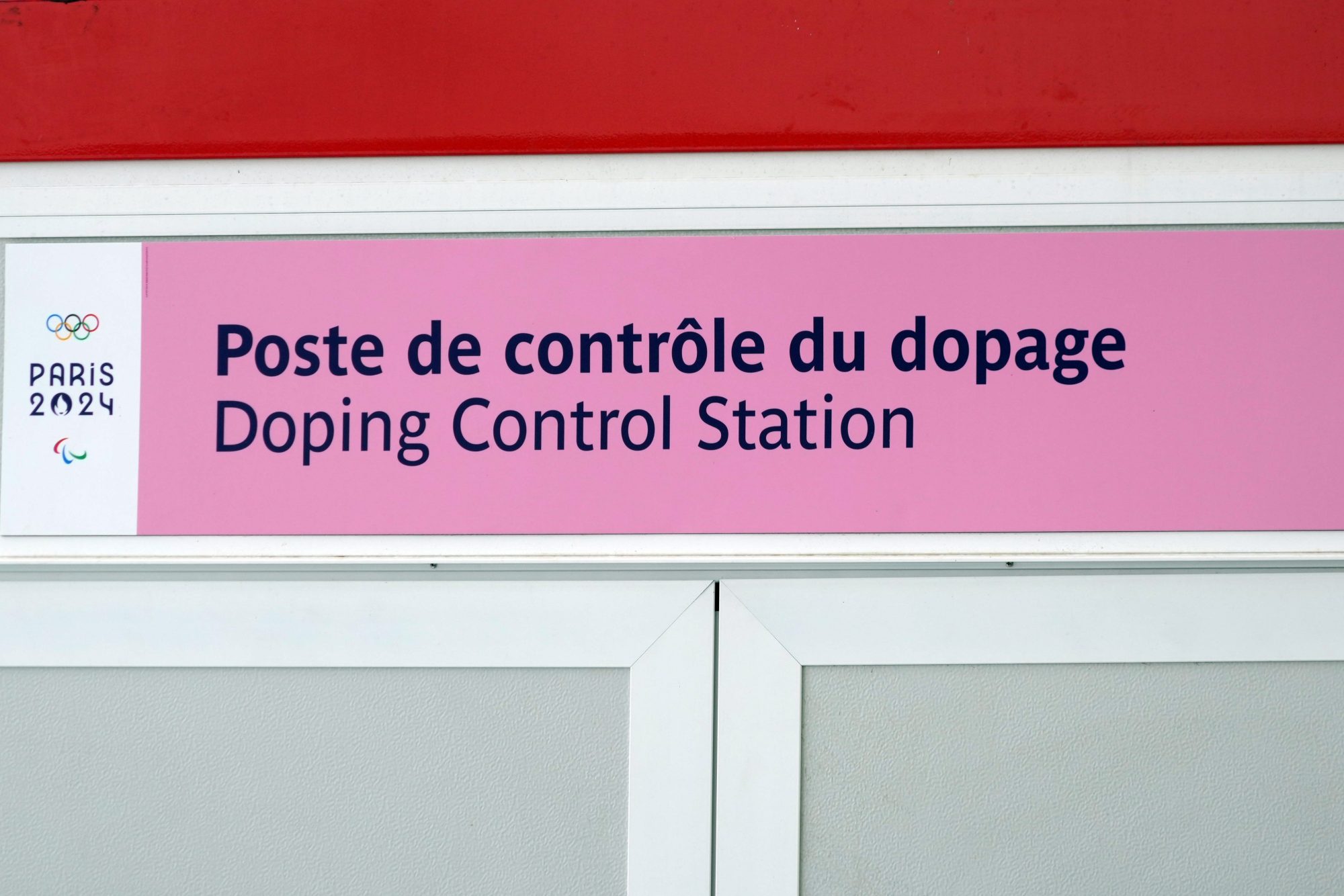



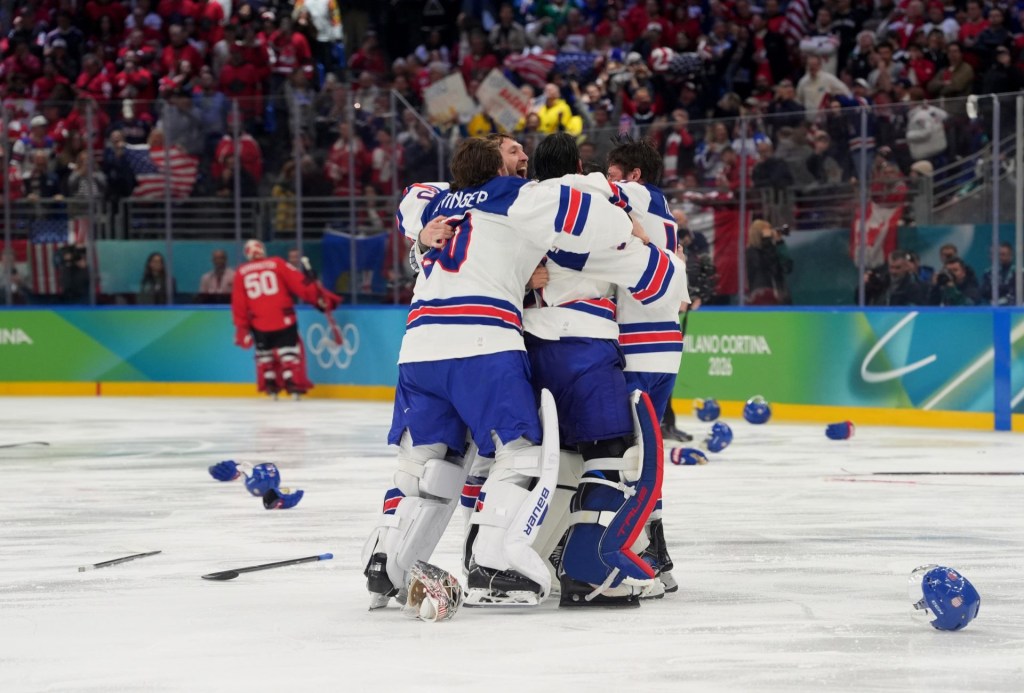

![[Subscription Customers Only] Jun 15, 2025; Seattle, Washington, USA; Botafogo owner John Textor inside the stadium before the match during a group stage match of the 2025 FIFA Club World Cup at Lumen Field.](https://frontofficesports.com/wp-content/uploads/2026/02/USATSI_26465842_168416386_lowres-scaled.jpg?quality=100&w=1024)
![[Subscription Customers Only] Jul 13, 2025; East Rutherford, New Jersey, USA; Chelsea FC midfielder Cole Palmer (10) celebrates winning the final of the 2025 FIFA Club World Cup at MetLife Stadium](https://frontofficesports.com/wp-content/uploads/2026/02/USATSI_26636703-scaled-e1770932227605.jpg?quality=100&w=1024)



